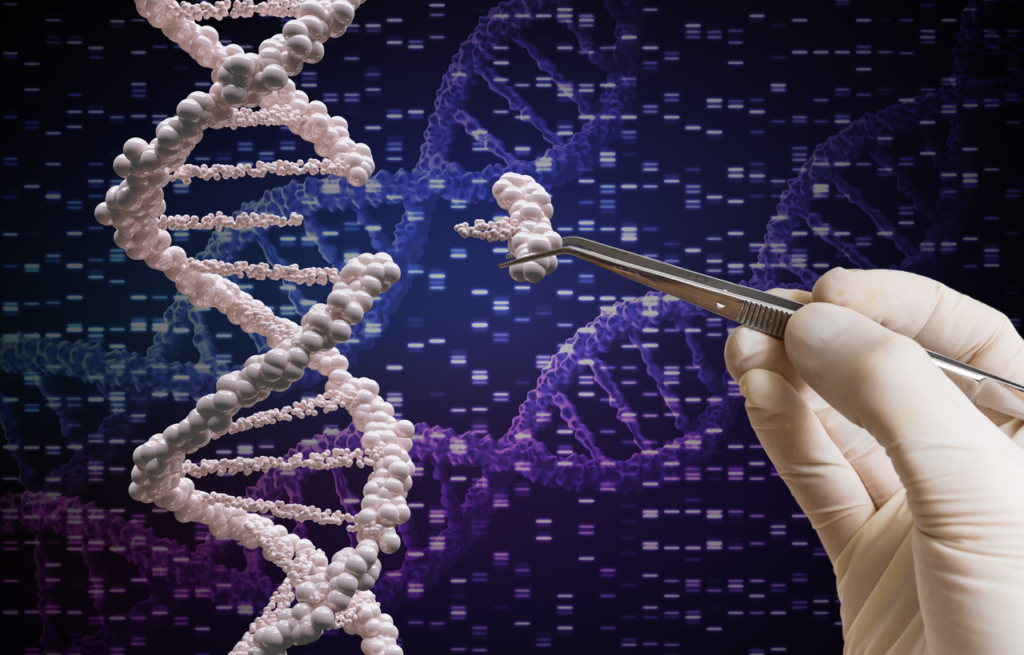It is 2022, and even with the explosion of medical research over the last decade using CRISPR gene editing, the unwanted and off-target mutations caused by the game-changing tool have not been controlled. Furthermore, studies consistently find that these mutations are directly inherited by any offspring produced. Indeed, CRISPR has facilitated great strides in curing single-genome diseases, such as sickle-cell anemia. But these are cases where adults were treated, and embryos/germ cells (eggs and sperm) were not targeted. While the pursuit of banishing complex genetic diseases is noble, the use of gene editing in embryos or germ cells remains fraught with devasting risk for individuals and humanity, as well as a severe threat to bioethics.
NCER continues to support a ban on these activities, while unfortunately the international research community overwhelmingly pursues it, believing that the end justifies any means. Read more here:
CRISPR-Cas9 induces large structural variants

